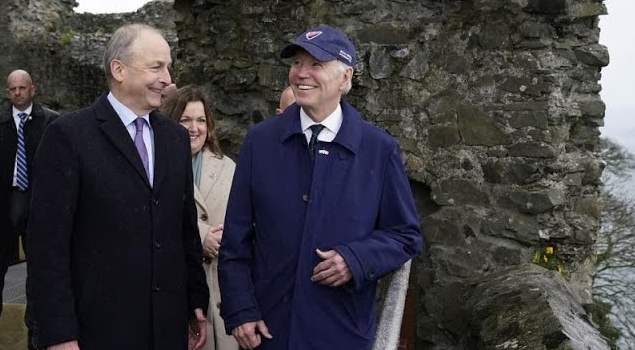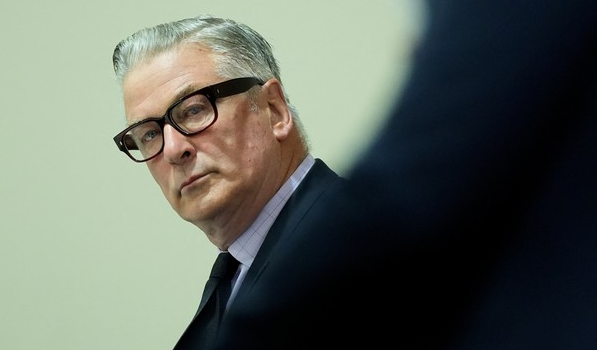
Americans Complete Clean Sweep of Major Titles in 2024
Xander Schauffele completed a flawless performance at The Open 2024 at Royal Troon, clinching the title with a bogey-free 65, finishing nine under par and two shots clear of Billy Horschel and Justin Rose. The American golfer, who had already made his major breakthrough at the US PGA Championship two months earlier, described the victory as the “best round” of his career.
Beginning the day a shot behind Horschel, Schauffele birdied both the sixth and seventh holes, making a strong front nine with a score of 34. He continued his fine play on the back nine, picking up shots on the 11th, 13th, 14th, and 16th to secure the win and replace Brian Harman as the Open champion. This victory also completed a clean sweep of the major tournaments for the United States in 2024.
Reflecting on the achievement, Schauffele said, “At the very tip top, the best round I’ve played.” He described his final walk up the 18th hole as a highlight of his career, recalling the yellow leaderboards and the standing ovation from the crowd. “It truly is one of the coolest feelings I’ve ever had in my life,” he added, although he quickly refocused, reminding himself the tournament wasn’t over yet.
Schauffele’s triumph followed a long-held desire to win a major and reflected growth after he had struggled to close out big tournaments in the past. His victory at Valhalla earlier in the year helped him stay calm during the tense final holes at Troon. “It was very difficult,” he said. “I think winning the first one helped me a lot today on the back nine.”
The win marked his second major of the year, a remarkable feat after having previously taken years to win his first. “It means a lot, it’s something all of us play for. It definitely hasn’t sunk in yet,” Schauffele remarked, before looking forward to celebrating with his family. As for the famous Claret Jug, Schauffele revealed he was curious to see what his father would choose to drink from it, noting, “He’s going to have to figure out what he wants to put in there because he’s taking the first gulp out of it.”

















